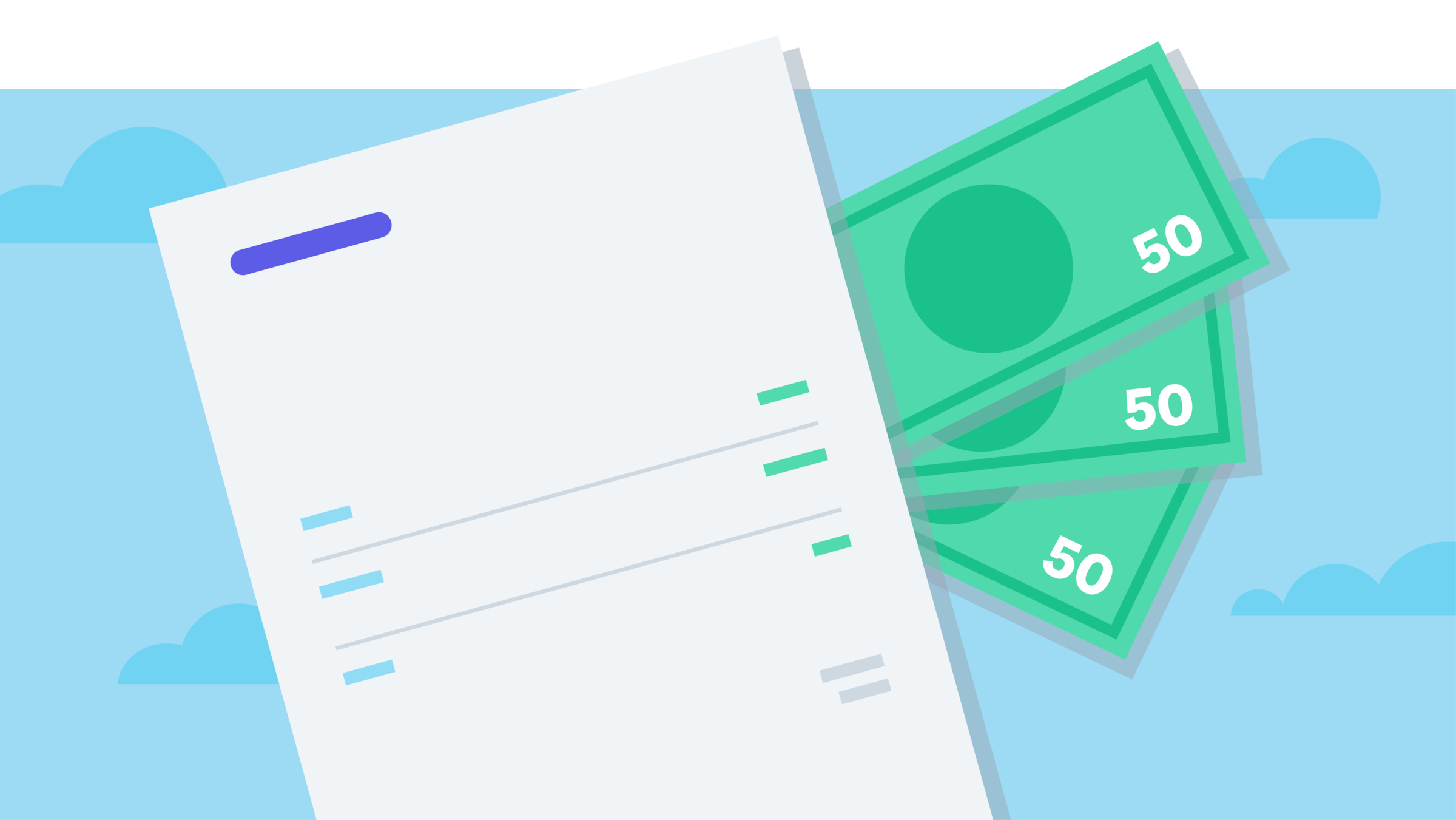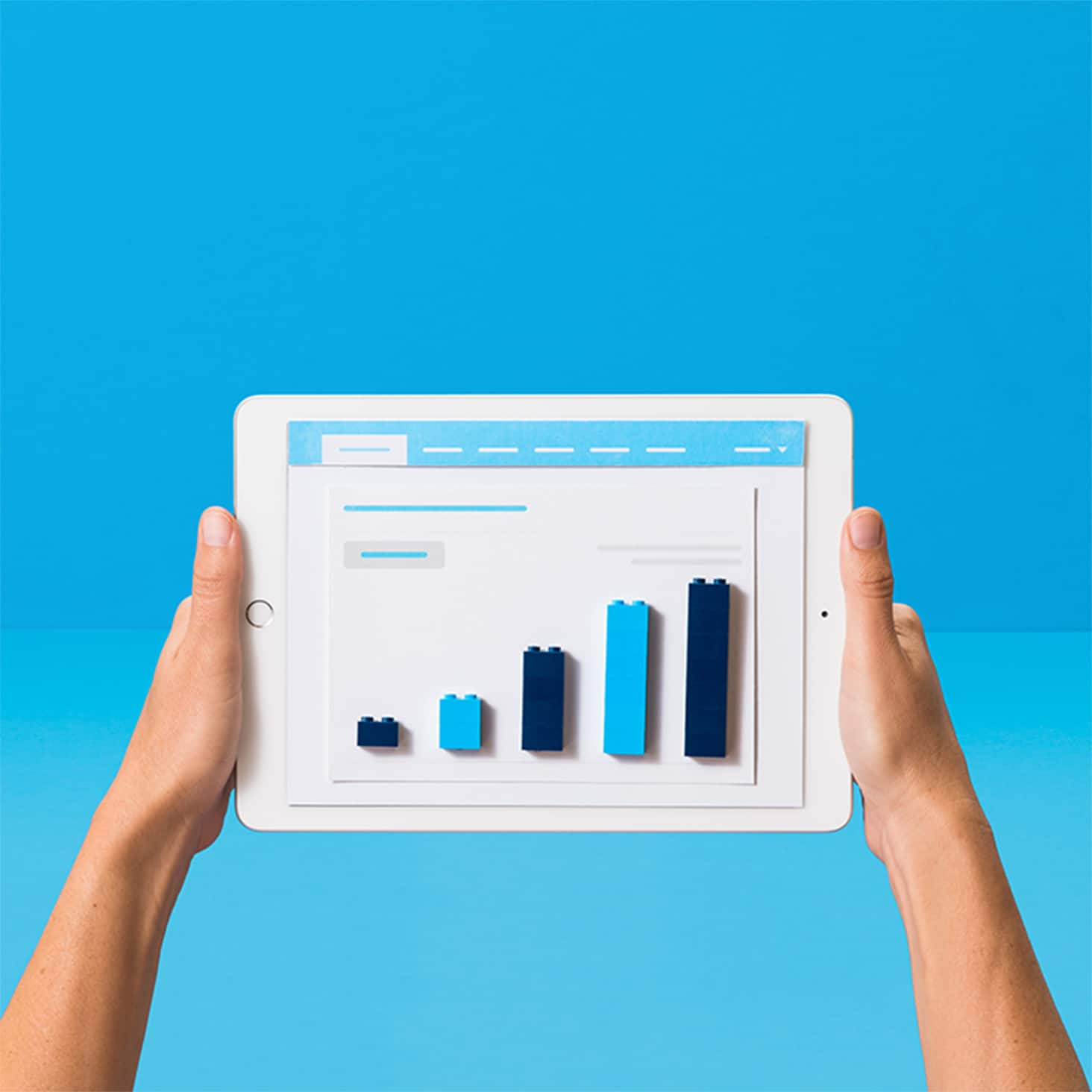Cash vs accrual accounting: What’s best for your business?
Learn when to use cash vs accrual accounting to improve cash flow, cut admin, and get clearer numbers.

Written by Jotika Teli—Certified Public Accountant with 24 years of experience. Read Jotika's full bio
Published Wednesday 26 November 2025
Table of contents
Key takeaways
• Choose cash accounting if you run a small business with simple transactions and immediate payments, as it provides clear cash flow visibility and simpler bookkeeping, but only if your aggregated turnover is less than $10 million.
• Implement accrual accounting when you send invoices with extended payment terms (30-90 days) or need accurate performance reporting for business decisions and financing, as it shows true profitability by matching income and expenses to when they actually occur.
• Utilise modern accounting software to automate accrual processes and switch between cash and accrual views instantly, making it easier to track both actual money flow and business performance simultaneously.
• Consult your accountant before switching accounting methods to ensure you handle the transition correctly and maintain compliance with tax and regulatory requirements.
Difference between cash and accrual accounting
records income and expenses only when money changes hands. records transactions when invoices are sent or bills are received, regardless of payment timing.
The key difference is timing. Cash accounting records transactions when you receive or pay money. Accrual accounting records them when you send an invoice or receive a bill.
What is cash basis accounting?
Cash basis accounting recognises income and expenses only when money changes hands. You record a sale when the customer pays, not when you send the invoice.
This method tracks your actual cash flow. Despite the name, it includes all payment forms – cash, cheque, bank transfer or electronic payments.
Benefits of cash accounting
Benefits of cash accounting:
- track exactly how much cash you have available right now
- calculate GST more easily for eligible businesses (check ATO requirements)
Downsides of cash accounting
Downsides of cash accounting:
- show profits even when bills remain unpaid
- provide only a day-to-day cash view, not a full picture of business performance
What is accrual basis accounting?
Accrual basis accounting records transactions when they happen, not when money changes hands. You record income immediately when you send an invoice. You record expenses as soon as you receive a bill, even if payment is due in 30 days.
This method shows your business performance regardless of payment timing.
Benefits of accrual accounting
Benefits of accrual accounting:
- show true profitability and financial health
- give you a complete picture for confident strategic choices
- help you access better financing options, as banks prefer accrual reports for loan applications
Downsides of accrual accounting
Downsides of accrual accounting:
- require you to monitor invoices and bills, not just your bank balance
- mean you may pay tax on unpaid invoices (refundable if a customer defaults)
Cash vs accrual vs hybrid accounting
- Accrual accounting shows true business performance by matching income and expenses to when they actually occur. This tells you if specific months were genuinely profitable.
- Many businesses combine accrual reporting with cash basis tracking to monitor actual money flow alongside business performance.
- Modern accounting software automates most accrual processes. It reads bills, records expenses and tracks invoices automatically. Smart software can switch between cash and accrual views instantly, making hybrid systems manageable.
Cash flow monitoring: Many businesses combine accrual reporting with cash basis tracking to monitor actual money flow alongside business performance.
Technology simplification: Modern accounting software automates most accrual processes. It reads bills, records expenses, and tracks invoices automatically. Smart software can switch between cash and accrual views instantly, making hybrid systems manageable.
How to choose between cash and accrual accounting
Choose cash accounting if you:
- run a small business with simple transactions and immediate payments
- keep bookkeeping and tax preparation simple
- meet ATO eligibility requirements (for most businesses, this means having an aggregated turnover of less than $10 million, which includes the turnover of any closely associated entities)
- prioritise clear cash flow visibility over detailed performance analysis
Choose accrual accounting if you:
- send invoices with payment terms of 30, 60 or 90 days (learn more about accounts receivable)
- Need accurate performance reporting for business decisions or financing
- manage inventory or complex transactions that span multiple periods
- scale your business or attract investors
Consider hybrid accounting if you:
- use accrual reporting for performance insights
- keep cash flow tracking simple for certain tax calculations
- manage compliance requirements with accounting expertise
Hybrid methods of accounting
Hybrid accounting combines both methods for different purposes. You might use accrual accounting for business decisions and loan applications, while using cash accounting for certain tax calculations.
This approach offers flexibility but has strict compliance rules. Talk to your accountant to see if hybrid accounting suits your business and meets regulatory requirements.
Making the right accounting choice for your business
Your accounting method affects everything from daily cash flow to business growth decisions. Cash accounting works well for simple businesses with immediate payments, while accrual accounting provides the detailed insights growing businesses need.
Most successful businesses move to accrual accounting as they grow. This trend is also seen in the public sector, where about 30 per cent of governments globally were already reporting on an accrual basis as of 2020. Modern accounting software makes this transition seamless and automates complex processes that once required manual tracking.
Simplify your accounting with Xero. Try Xero for free and see how smart automation handles both cash and accrual accounting, so you can focus on growing your business.
FAQs on cash versus accrual accounting
Here are answers to some common questions about cash and accrual accounting.
How do I know if I'm currently using cash or accrual accounting?
Check when you record your income and expenses. If you record transactions only when money enters or leaves your bank account, you're using the cash method. If you record income when you send an invoice and expenses when you receive a bill, you're using the accrual method.
Why would I choose cash basis instead of accrual?
Many choose the cash basis for its simplicity. If your GST turnover is under $10 million, you may be eligible for Simpler BAS reporting. Cash basis gives you a clear, immediate picture of the cash you have on hand.
When should I use cash basis accounting?
Cash basis accounting is often suitable for sole traders or small businesses, and the ATO specifies that even if you're not carrying on a business, you can use the cash method if your enterprise's GST turnover is $2 million or less. It's a simple way to track money in and out, but it doesn't provide a full picture of your overall financial position.
Can I switch from one method to another?
Yes, you can switch methods, but you need to follow certain rules, especially for tax purposes. Speak with your accountant or bookkeeper before making a change to ensure you handle the transition correctly and stay compliant.
Accounting software for your small business
Run your business on Xero’s simple and powerful online accounting software.
Learn more about Xero accounting software
Disclaimer
Xero does not provide accounting, tax, business or legal advice. This guide has been provided for information purposes only. You should consult your own professional advisors for advice directly relating to your business or before taking action in relation to any of the content provided.
Download the guide on how to do bookkeeping
Learn about the eight core bookkeeping jobs, from data entry to reporting and tax prep. Fill out the form to receive the guide as a PDF.
Start using Xero for free
Access Xero features for 30 days, then decide which plan best suits your business.